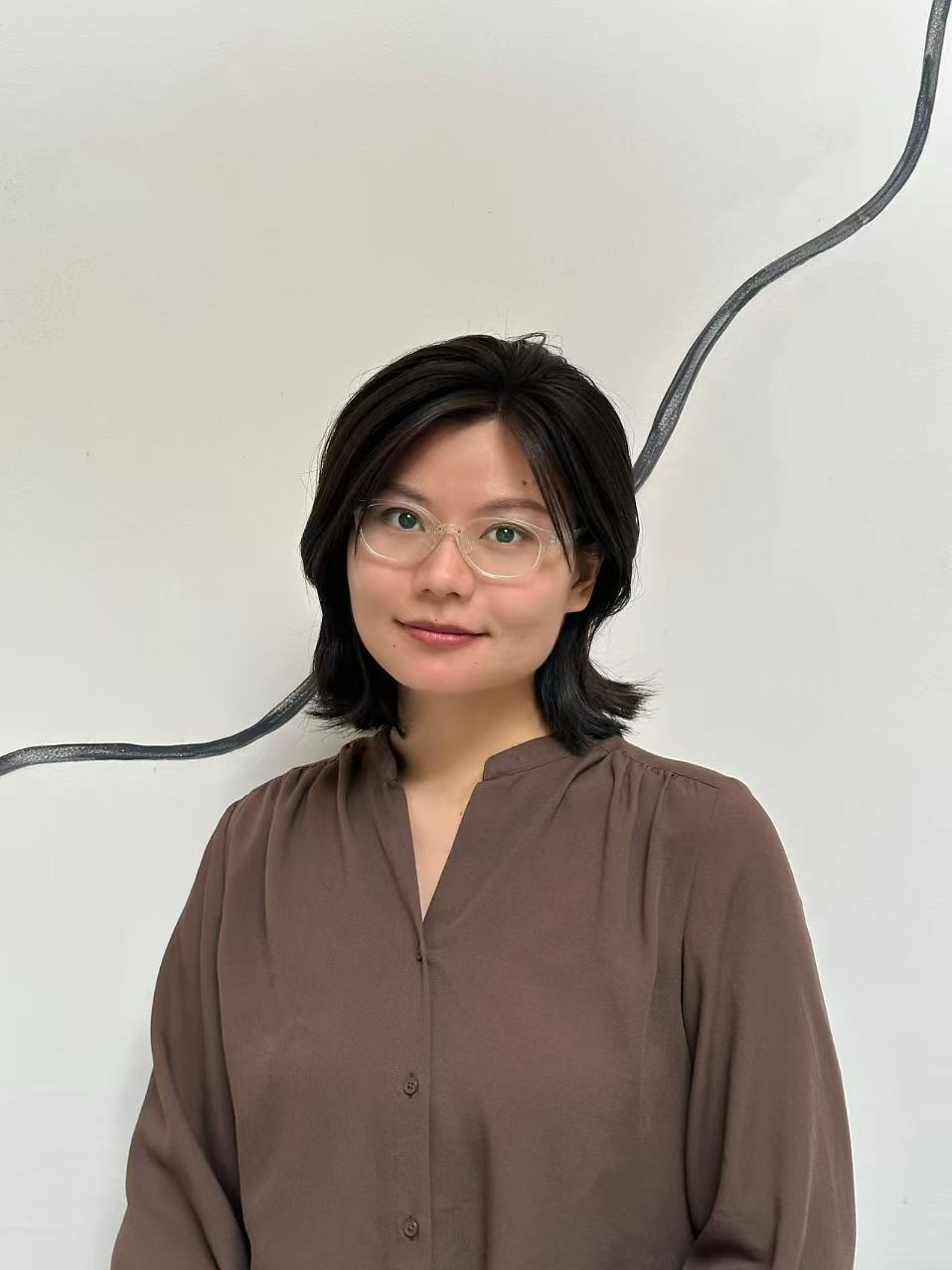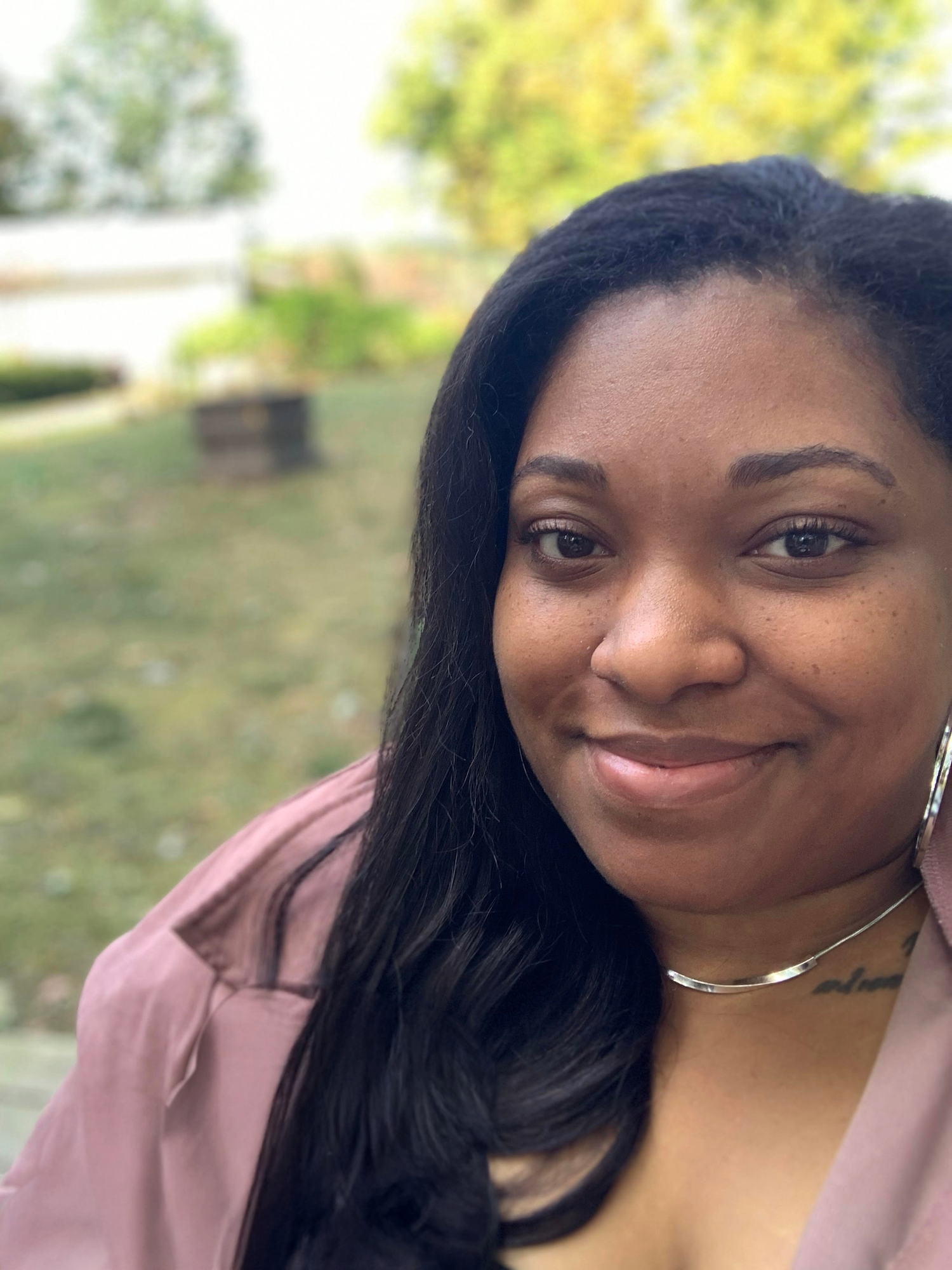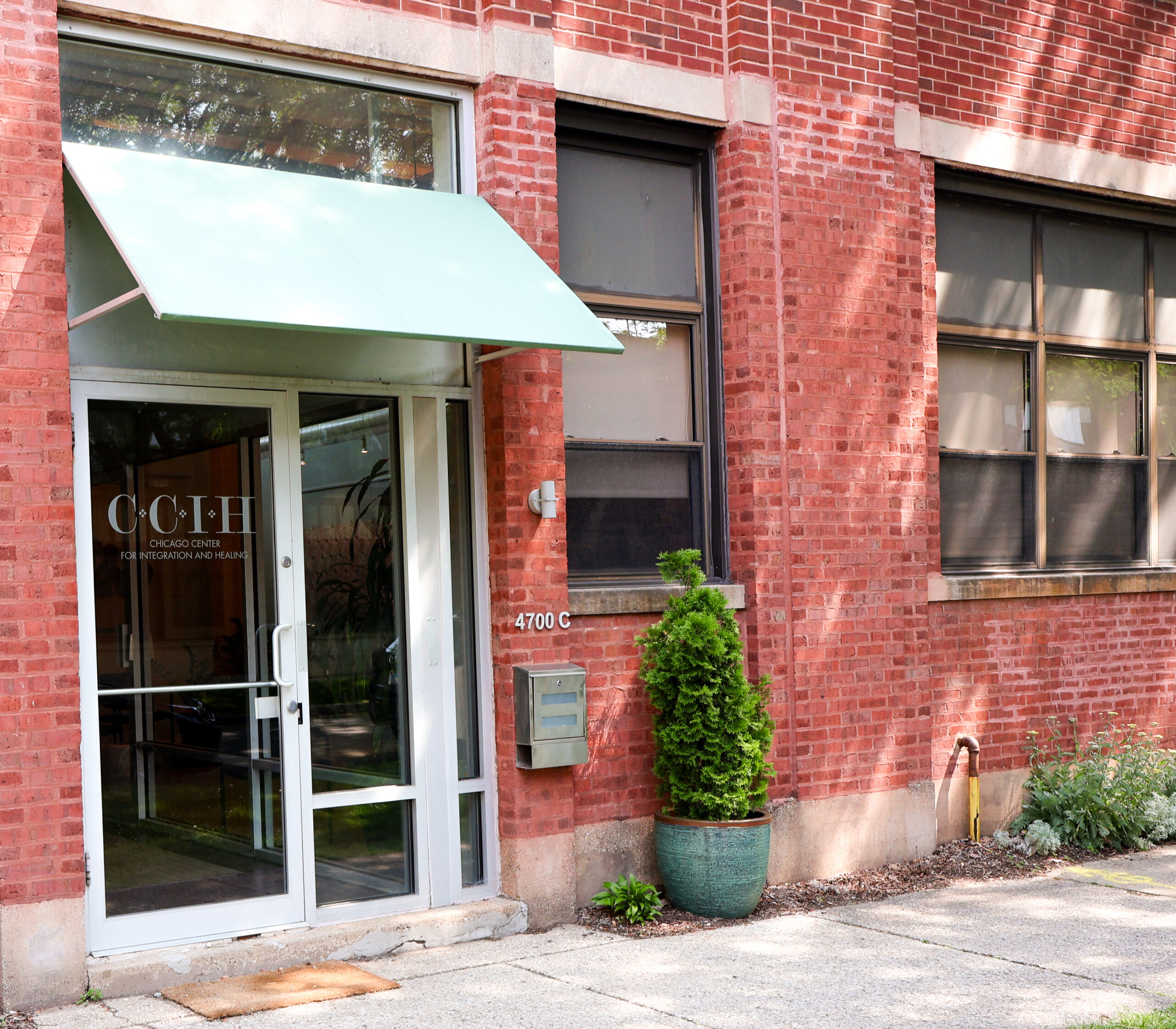When people come to therapy, they are often hoping to “fix” something about themselves. “There’s something wrong with me” is a belief that I often hear in my office. And unfortunately, sometimes previous experiences with the mental health system have left people feeling even more flawed or broken. That’s why I really appreciate the Sensorimotor Psychotherapy (SP) approach, which goes beyond traditional talk therapy to incorporate the wisdom of the body.
As I work through my Level 1 training, I continue to return to one of the core SP principles: Organicity, which refers to “the inherent intelligence within every living system to evolve (Bateson, 2002).”
As I understand it: all of us have evolved exactly as we needed to in response to our unique situations and histories. When there is a history of trauma or mistreatment, those responses can be intense and confusing in the present. But when we offer our mind and body systems new experiences, they will naturally evolve in new ways. Meaning, those things that need to be “fixed” probably make perfect sense in the context of your history, and we can also work towards new patterns that are more aligned with the life you want to be living now.
In the SP approach, our workin the therapy office is to learn how to tune into that inherent intelligence within you. By developing the ability to bring mindful awareness to your experience in the present moment (particularly your embodied experience), we enter that listening space without preconceived notions of what the right answer is or how we are supposed to fix it. Instead, we listen to make sense of your experience, and we experiment with offering new experiences and developing new resources unique to you and your nervous system. Even simply offering ourselves the experience of curiosity can be enough experience to begin shifting those patterns we carry that are no longer serving us in the present.
So often we judge ourselves (and maybe others have judged us too) for our reactions that don’t “make sense” and then try to shame ourselves into stopping them. But when we come into therapy with the goal of “fixing” ourselves, we limit our ability to truly learn about ourselves. If we start with the idea that every symptom makes sense in the context of your unique lived experience and that our work is to honor that wisdom and get curious about new possibilities, we can open up the door for growth to naturally unfold.
“The curious paradox is that when I accept myself just as I am, then I can change.” -Carl Rogers
Photo credit: https://unsplash.com/@pdr_ramos









